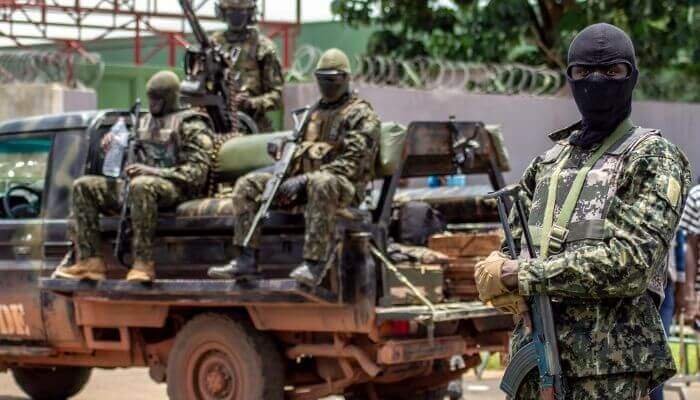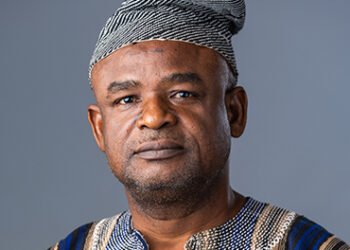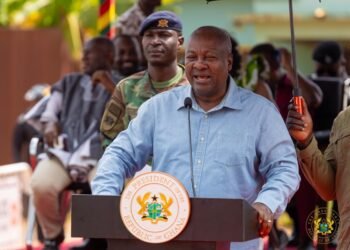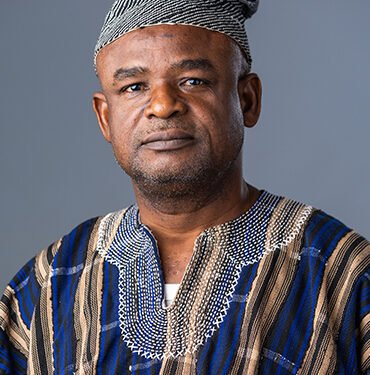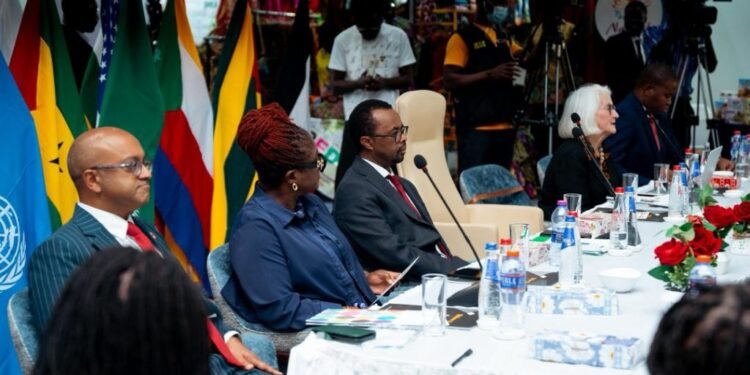The tragic helicopter crash that claimed the lives of eight senior public officials has sparked a broader public debate about the state of the Ghana Armed Forces, accountability in leadership, and the politics of blame.
Among those weighing in is Franklin Cudjoe, President of IMANI Africa, who raised serious concerns about the military’s operational condition and the factors that may have contributed to the fatal incident.
While acknowledging the national mourning, Cudjoe insisted that reflection must be accompanied by urgent inquiry. “We are mourning, but we must demand answers!” he urged, calling on Ghanaians not to let grief overshadow responsibility.
He alleged that the dire condition of the Ghana Armed Forces was no secret to high-ranking officials. According to him, “the state of Ghana’s Armed Forces was and is still alarmingly terrible.”
He claimed to be in close contact with individuals at the highest levels of power, suggesting they, too, are aware of the deteriorating state of the country’s defense assets.
“No serious additions or maintenance in the last 8 years. My brother, Omane Boamah, consistently raised these issues at almost every Armed Forces Security Council meeting. One top Military liaison, ‘if even Togo were to attack us, we would be wanting.’”
Franklin Cudjoe
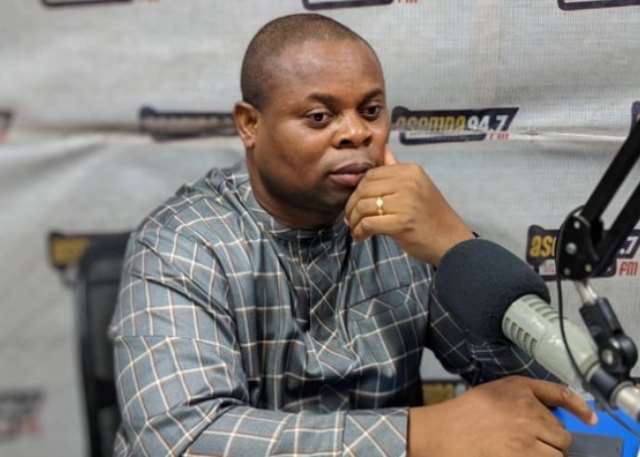
The critique extended beyond concerns about military maintenance. Cudjoe drew a sharp comparison between what he sees as inadequate investment in the Ghana Armed Forces and the government’s allocation of funds to other projects, particularly highlighting the $58 million spent on the now-abandoned National Cathedral.
In his view, this reflects a serious misalignment of national priorities. He added, “Not all mourners are genuine! I am very, very angry. You should be.”
Cudjoe Accused Of Politicizing Ghana Armed Forces’ Lapses
However, Cudjoe’s commentary has drawn sharp rebuttals from supporters of the New Patriotic Party (NPP) and the former Akufo-Addo administration.
Patrick Kwarteng Sarpong, a vocal NPP sympathizer, publicly dismissed Cudjoe’s claims, accusing him of exploiting the tragedy for political point-scoring.
Sarpong condemned what he described as an overwhelming and unreasonable obsession with former President Akufo-Addo.
He argued that Franklin Cudjoe, despite the former president being out of office, continues to hold him accountable for nearly every issue in the country—even going so far as to suggest he would blame Akufo-Addo for unrelated problems like poor crop yields.
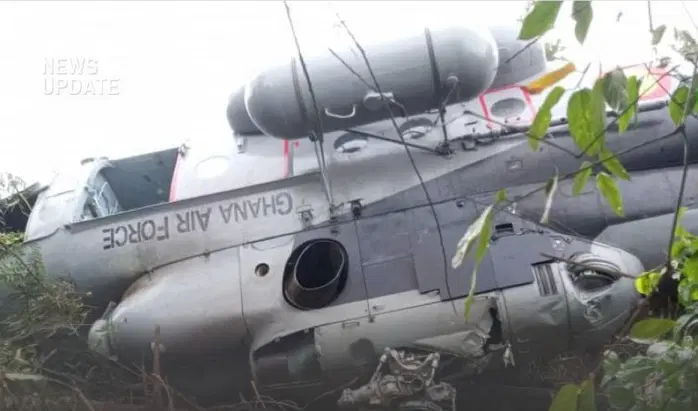
He further contended that Cudjoe’s criticisms were based on speculation and a lack of factual clarity.
“We have lost 8 personalities through a helicopter crash. Franklin Cudjoe has tried everything humanly possible and impossible to cite Akufo-Addo for blame. He keeps getting educated about the possible cause of the accident, yet he persists in holding on to the lies he has manufactured for his gullible followers on social media.”
Patrick Kwarteng Sarpong
Sarpong dismissed the claim that the former president should bear responsibility for the current state of the military’s equipment.
He pointed out that Franklin Cudjoe has accused Akufo-Addo of failing to improve the Ghana Armed Forces’ fleet and neglecting the upkeep of existing aircraft—an allegation Sarpong considers baseless.
He further noted that, to date, no official explanation has been released by the Ghana Armed Forces regarding the cause of the helicopter crash.
“Such an ignorant position to adopt when we have not been told anything by the Ghana Armed Forces,” Sarpong stated, insisting that there is no basis to draw conclusions until investigations are completed.
Sarpong went on to question Cudjoe’s consistency, suggesting with sarcasm that even personal inconveniences might be unfairly blamed on the former president.
He remarked that Franklin Cudjoe’s continued focus on Akufo-Addo had shifted from critique to what he described as an unhealthy preoccupation that had lost its seriousness.
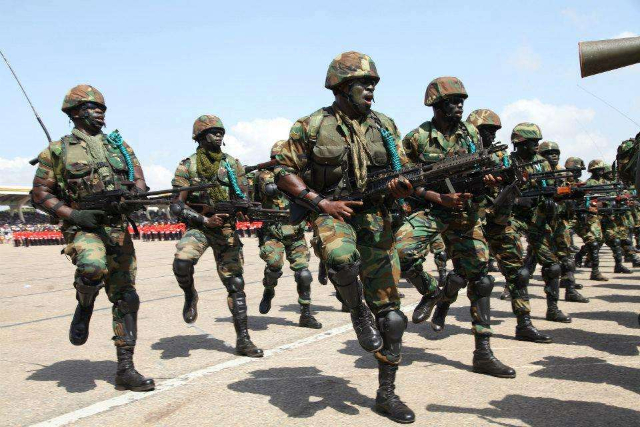
In Sarpong’s view, the public deserves truth based on evidence and not conjecture. “The truth cannot be massaged with a thousand lies churned out by Franklin Cudjoe. He should stop blaming Akufo-Addo for this accident.”
The exchange between Cudjoe and his critics reflects a larger tension within Ghanaian society—between grief and accountability, respect for the dead and the demand for answers, and political rivalry versus national unity.
While the full details of the helicopter crash remain under investigation, the incident has undeniably intensified scrutiny of the Ghana Armed Forces, government spending, and the way national tragedies are politicized.
As Ghanaians await an official report on the crash, calls for reform in military logistics, transparency in defense planning, and more responsible political discourse are likely to grow louder. For now, the nation mourns its loss—but not without questions that demand urgent responses.
READ ALSO: Trump Targets Major Buyers of Russian Crude with Tariffs

